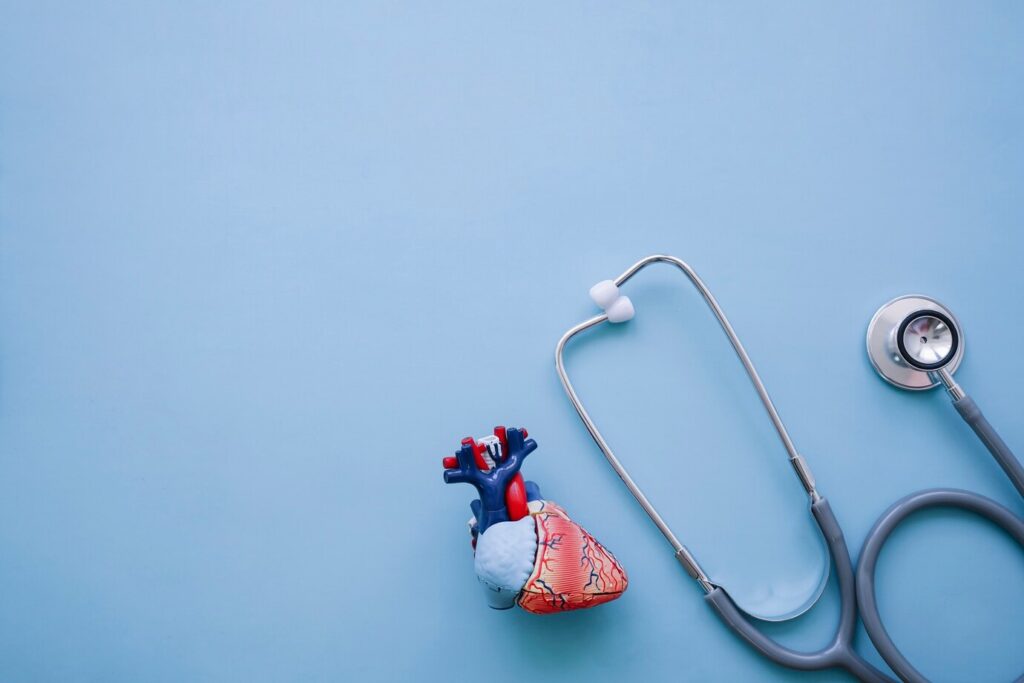A heart attack can happen at any time, but research shows they are more common in the morning hours. This pattern isn’t just a coincidence, there are physiological reasons why your heart may be more vulnerable after waking up. Understanding these factors can help you take proactive steps to protect your heart health.
How Your Body Changes in the Morning
Your body follows a natural cycle known as the circadian rhythm, which regulates various functions over a 24-hour period. This internal clock influences hormone levels, blood pressure, and heart activity.
In the early morning, certain changes occur that may increase the risk of a heart attack:
- Higher blood pressure: Blood pressure naturally rises in the morning as your body prepares to wake up and become active. This sudden increase can put extra strain on the heart.
- Increased stress hormones: The release of cortisol, a stress hormone, is at its peak in the morning. This hormone helps wake you up but also makes blood vessels constrict, raising blood pressure and heart strain.
- Thicker blood: Blood tends to be more viscous in the morning due to lower hydration levels and higher levels of clotting factors. This makes it easier for a blood clot to form and block an artery.
These factors combined create a “perfect storm” for heart-related issues, making morning hours a risky time for those with underlying heart conditions.
The Role of Blood Clots and Artery Function

Heart attacks usually occur when a blood clot blocks a coronary artery, cutting off oxygen to the heart muscle. In the morning, your blood is naturally thicker, which can contribute to clot formation. Additionally, the endothelium, the inner lining of blood vessels, may be less flexible upon waking, making arteries more prone to constriction and blockage.
For individuals with existing heart disease, these factors increase the likelihood of a sudden cardiac event. Those with high cholesterol, high blood pressure, or diabetes should be especially cautious.
Lifestyle Factors That May Increase Morning Risk
While biological factors play a significant role, lifestyle habits can further increase the risk of a morning heart attack. Some of these include:
- Skipping hydration: Many people wake up dehydrated after a night of sleep, which thickens the blood and raises heart attack risk.
- Morning stress: Waking up abruptly or rushing into a stressful morning routine can put additional strain on the heart.
- Lack of physical activity: Sedentary lifestyles contribute to poor circulation and higher blood pressure, increasing the likelihood of cardiovascular issues.
- Smoking and alcohol use: These habits negatively affect circulation and blood pressure, making mornings even more dangerous for the heart.
How to Protect Your Heart in the Morning

Taking steps to minimize these risks can significantly improve heart health and lower the chances of a heart attack in the early hours. Here are some simple but effective ways to protect your heart:
Stay Hydrated
Drinking a glass of water as soon as you wake up can help thin the blood and improve circulation. Proper hydration throughout the day supports overall cardiovascular health.
Ease Into Your Morning
Avoid sudden, intense activity immediately after waking. Give your body time to adjust by stretching, deep breathing, or starting your day with a short walk.
Manage Stress Levels
Practicing mindfulness, meditation, or simple breathing exercises in the morning can help lower cortisol levels and reduce strain on your heart.
Adopt a Heart-Healthy Diet
Eating a balanced breakfast with fiber, healthy fats, and lean protein can help stabilize blood sugar and blood pressure. Avoid heavy, processed foods that may contribute to artery blockage.
Take Medications as Prescribed
If you have high blood pressure or other heart-related conditions, follow your doctor’s recommendations on when to take medications. Some medications work best when taken in the morning to counteract the natural rise in blood pressure.
Get Regular Exercise
Staying physically active improves overall heart health, helping to regulate blood pressure and blood clotting. However, if you work out in the morning, start with a gentle warm-up to avoid sudden spikes in heart rate and blood pressure.
Prioritize Good Sleep
Poor sleep quality is linked to increased heart attack risk. Aim for at least seven to eight hours of quality sleep each night to support a healthy cardiovascular system.
And that’s it. Understanding why heart attacks are more common in the morning can help you take steps to protect your heart. The combination of rising blood pressure, stress hormones, and thicker blood makes this time of day particularly risky, especially for those with existing heart conditions. By making small lifestyle changes, such as staying hydrated, managing stress, and maintaining a heart-healthy diet, you can lower your risk and start your day on a healthier note.











